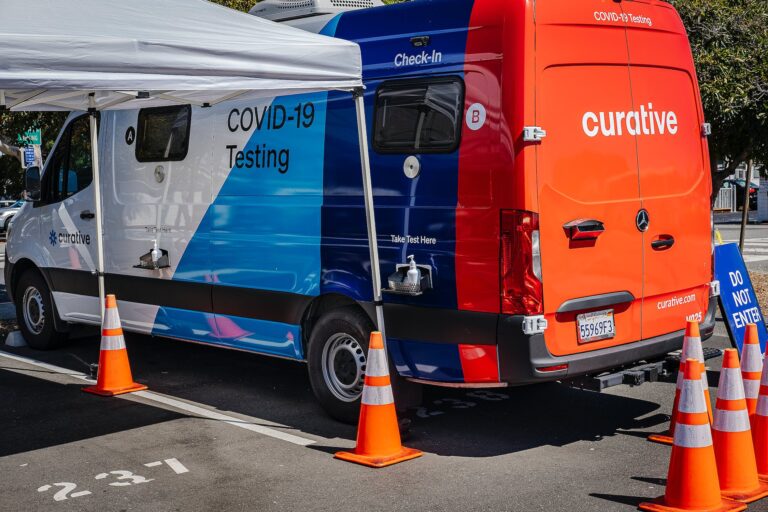A recent study published in the International Journal for Equity in Health sheds light on how mobile health clinics can advance health equity. The researchers interviewed 25 healthcare leaders in the U.S. about incentives and barriers to providing care through mobile clinics.
Mobile health clinics are vehicles customized to provide healthcare services, often in communities traditionally underserved by the healthcare system. These clinics deliver a range of care types, with preventive services and primary care being the most common.
Mobile clinics build trust with communities over time by showing up consistently and delivering high-quality, patient-centered care. They hire staff from the local community who understand patients’ backgrounds and needs. This helps engage people who may be wary of the healthcare system.
During the COVID-19 pandemic, mobile clinics have been able to equitably distribute vaccines, testing, and care. They reduce disparities exacerbated by the pandemic.
The study shows how mobile clinics align with health organizations’ missions to improve community health and advance health equity. They help put values like inclusivity and caring into action.
Mobile programs still face barriers like unpredictable funding streams and difficulties billing insurance. However, researchers say these can be overcome with data showing the impact of mobile clinics. They encourage the expansion of mobile healthcare to sustainably improve access and outcomes.
The published research can be found here.


